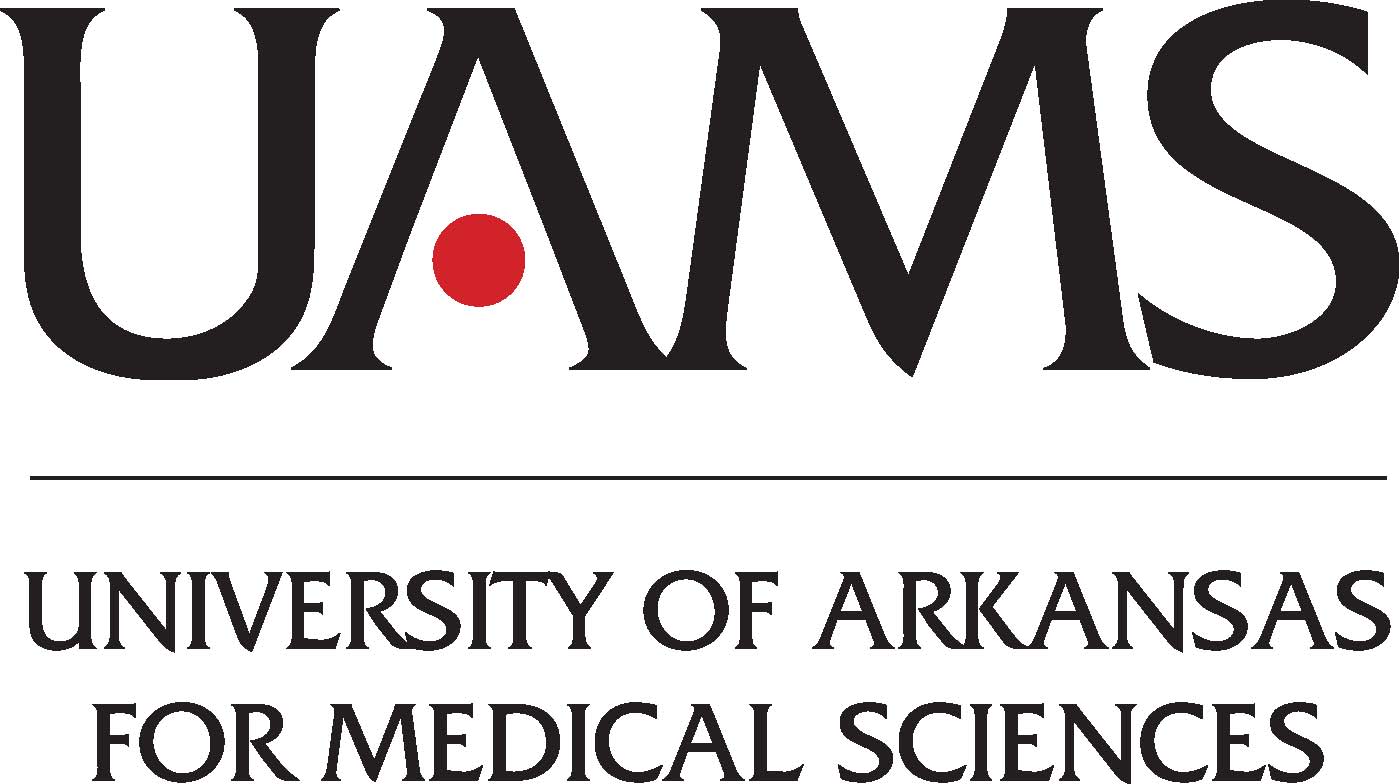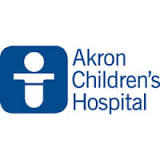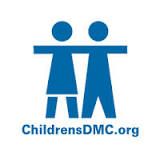Study of Perampanel as Adjunctive Treatment for Inadequately Controlled Seizures Associated With Lennox-Gastaut Syndrome
| Status: | Recruiting |
|---|---|
| Conditions: | Neurology |
| Therapuetic Areas: | Neurology |
| Healthy: | No |
| Age Range: | 2 - Any |
| Updated: | 9/8/2018 |
| Start Date: | December 13, 2016 |
| End Date: | August 16, 2021 |
| Contact: | Eisai Medical Information |
| Email: | esi_medinfo@eisai.com |
| Phone: | 1-888-274-2378 |
A Multicenter, Double-Blind, Randomized, Placebo-Controlled Trial With an Open-Label Extension Phase of Perampanel as Adjunctive Treatment in Subjects at Least 2 Years of Age With Inadequately Controlled Seizures Associated With Lennox-Gastaut Syndrome
This study is being conducted to demonstrate that perampanel given as adjunctive
anti-epileptic treatment is superior to placebo in reducing the number of drop seizures in
participants with inadequately controlled seizures associated with Lennox-Gastaut Syndrome
(LGS).
anti-epileptic treatment is superior to placebo in reducing the number of drop seizures in
participants with inadequately controlled seizures associated with Lennox-Gastaut Syndrome
(LGS).
This is a multicenter, double-blind, randomized, placebo-controlled, parallel-group study of
perampanel as adjunctive therapy in participants with inadequately controlled seizures
associated with LGS. The study will consist of 3 phases: Prerandomization (4 to 8 weeks),
Randomization (22 weeks), and Extension (56 weeks).
perampanel as adjunctive therapy in participants with inadequately controlled seizures
associated with LGS. The study will consist of 3 phases: Prerandomization (4 to 8 weeks),
Randomization (22 weeks), and Extension (56 weeks).
Inclusion Criteria:
- Participants must have a diagnosis of Lennox-Gastaut Syndrome (LGS) as evidenced by:
1. more than one type of generalized seizure, including drop seizures (atonic,
tonic, or myoclonic) for at least 6 months before Visit 1;
2. an electroencephalogram (EEG) reporting diagnostic criteria for LGS at some point
in their history (abnormal background activity accompanied by slow, spike, and
wave pattern <2.5 Hz).
- Participants must be at least 2 years old at the time of consent.
- Participants must have been <11 years old at the onset of LGS.
- Participants must have experienced at least 2 drop seizures per week in the 4-week
Baseline Period preceding randomization.
- Participants must have been receiving 1 to 3 concomitant antiepileptic drugs (AEDs) at
a stable dose for at least 30 days before Visit 1 (vagal nerve stimulation (VNS) and
ketogenic diet do not count as AEDs).
- In the investigator's opinion, parents or caregivers must be able to keep accurate
seizure diaries.
- Body weight at least 8 kg.
Exclusion Criteria:
- Presence of progressive neurological disease
- Presence of drop seizure clusters where individual seizures cannot be reliably counted
(seizure clusters are defined as ≥2 drop seizures with <5 minutes between any 2
consecutive seizures)
- Prior treatment with perampanel with discontinuation due to safety issues (related to
perampanel)
- Prior treatment with perampanel must have been discontinued at least 30 days before
Visit 1
- Evidence of clinically significant disease (eg, cardiac, respiratory,
gastrointestinal, renal disease, hepatic disease) that in the opinion of the
investigator(s) could affect the participant's safety or study conduct
- Scheduled for epilepsy-related surgery or any other form of surgery during the
projected course of the study
- Ketogenic diet and VNS, unless stable and ongoing, for at least 30 days before Visit 1
- Treatment with an investigational drug or device in the 30 days before Visit 1
- Status epilepticus within 12 weeks of Visit 1
- If felbamate is used as a concomitant AED, participants must be on felbamate for at
least 1 year, with a stable dose for 60 days before Visit 1. They must not have a
history of white blood cell (WBC) count below
≤2500/microliters (μL), platelets <100,000/μL, liver function tests (LFTs) >3 times
the upper limit of normal (ULN), or other indication of hepatic or bone marrow
dysfunction while receiving felbamate.
- Concomitant use of vigabatrin: participants who took vigabatrin in the past must be
discontinued for at least 5 months before Visit 1, and must have documentation showing
no evidence of a vigabatrin-associated clinically significant abnormality in an
automated visual perimetry test
- Have had multiple drug allergies or a severe drug reaction to an AED(s), including
dermatological (eg, Stevens-Johnson syndrome), hematological, or organ toxicity
reactions
- Evidence of significant active hepatic disease. Stable elevations of liver enzymes,
alanine aminotransferase (ALT), and aspartate aminotransferase (AST) due to
concomitant medication(s) will be allowed if they are < 3 times the ULN
- Adrenocorticotropic hormone within the 6 months before Visit 1
- Had history of anoxic episodes requiring resuscitation within 6 months before Visit 1
- Females who are breastfeeding or pregnant at Screening or Baseline (as documented by a
positive beta human chorionic gonadotropin [ß-hCG] with a minimum sensitivity of 25
International Units per Liter (IU/L) or equivalent units of ß-hCG or hCG). A separate
baseline assessment is required if a negative screening pregnancy test was obtained
more than 72 hours before the first dose of study drug.
- Females of childbearing potential who: a. had unprotected sexual intercourse within 30
days before study entry and who do not agree to use a highly effective method of
contraception (eg, total abstinence, an intrauterine device, a double-barrier method
[such as condom plus diaphragm with spermicide], a contraceptive implant, an oral
contraceptive, or have a vasectomized partner with confirmed azoospermia) throughout
the entire study period or for 28 days after study drug discontinuation. Females using
hormonal contraceptives containing levogesterol must be on another form of
contraception as well. b. Are currently abstinent, and do not agree to use a
double-barrier method (as described above) or refrain from sexual activity during the
study period or for 28 days after study drug discontinuation. c. Are using hormonal
contraceptives but are not on a stable dose of the same hormonal contraceptive product
for at least 4 weeks before dosing and who do not agree to use the same contraceptive
during the study or for 28 days after study drug discontinuation. (NOTE: All females
will be considered to be of childbearing potential unless they are postmenopausal
[amenorrheic for at least 12 consecutive months, in the appropriate age group, and
without other known or suspected cause] or have been sterilized surgically [i.e.,
bilateral tubal ligation, total hysterectomy, or bilateral oophorectomy, all with
surgery at least 1 month before dosing]).
- Had intermittent use of benzodiazepine of more than 4 single administrations in the
month before Visit 1
- A prolonged QT/QTc interval (QTc >450 milliseconds [ms]) as demonstrated by a repeated
electrocardiogram (ECG)
- Hypersensitivity to the study drug or any of the excipients
- Any history of a medical condition or a concomitant medical condition that in the
opinion of the investigator(s) would compromise the participant's ability to safely
complete the study
- Known to be human immunodeficiency virus (HIV) positive
- Active viral hepatitis (B or C) as demonstrated by positive serology at Screening
- Psychotic disorder(s) or unstable recurrent affective disorder(s) evident by use of
antipsychotics or prior suicide attempt(s) within approximately the last 2 years
- History of drug or alcohol dependency or abuse within approximately the last 2 years;
use of illegal recreational drugs
- Concomitant use of medications known to be inducers of cytochrome P450 (CYP3A)
including, but not limited to: rifampin, troglitazone, St. John's Wort, efavirenz,
nevirapine, glucocorticoids (other than topical usage), modafinil, pioglitazone, and
rifabutin
- Use of AEDs not recommended by Epilepsy Treatment Guidelines for use in LGS including,
but not limited to carbamazepine, gabapentin, oxcarbazepine, phenytoin, pregabalin,
tiababine, and vigabatrin
- Concomitant use of cannabinoids
We found this trial at
39
sites
Akron Children's Hospital From humble beginnings as a day nursery in 1890, Akron Children
Click here to add this to my saved trials
3333 Burnet Avenue # Mlc3008
Cincinnati, Ohio 45229
Cincinnati, Ohio 45229
1-513-636-4200

Cincinnati Children's Hospital Medical Center Patients and families from across the region and around the...
Click here to add this to my saved trials
Cleveland Clinic Cleveland Clinic is committed to principles as presented in the United Nations Global...
Click here to add this to my saved trials
Wayne State University Founded in 1868, Wayne State University is a nationally recognized metropolitan research...
Click here to add this to my saved trials
Children's Mercy Hospital Children's Mercy Hospitals and Clinics continues redefining pediatric medicine throughout the Midwest...
Click here to add this to my saved trials
529 West Markham Street
Little Rock, Arkansas 72205
Little Rock, Arkansas 72205
(501) 686-7000

University of Arkansas for Medical Sciences The University of Arkansas for Medical Sciences (UAMS) in...
Click here to add this to my saved trials
Click here to add this to my saved trials
Click here to add this to my saved trials
University of South Florida The University of South Florida is a high-impact, global research university...
Click here to add this to my saved trials
McFarland Clinic, PC It has been over 65 years since the founders of McFarland Clinic...
Click here to add this to my saved trials
Click here to add this to my saved trials
Click here to add this to my saved trials
Rush University Medical Center Rush University Medical Center encompasses a 664-bed hospital serving adults and...
Click here to add this to my saved trials
Children's Hospital of Michigan Since 1886, the Children's Hospital of Michigan has been dedicated to...
Click here to add this to my saved trials
Click here to add this to my saved trials
Click here to add this to my saved trials
Click here to add this to my saved trials
University of Kentucky The University of Kentucky is a public, land grant university dedicated to...
Click here to add this to my saved trials
Click here to add this to my saved trials
Click here to add this to my saved trials
Click here to add this to my saved trials
600 Highland Ave
Madison, Wisconsin 53792
Madison, Wisconsin 53792
(608) 263-6400

University of Wisconsin Hospital and Clinics UW Health strives to meet the health needs of...
Click here to add this to my saved trials
Click here to add this to my saved trials
Yale University Yale's roots can be traced back to the 1640s, when colonial clergymen led...
Click here to add this to my saved trials
Click here to add this to my saved trials
Click here to add this to my saved trials
Thomas Jefferson University We are dedicated to the health sciences and committed to educating professionals,...
Click here to add this to my saved trials
Click here to add this to my saved trials
Click here to add this to my saved trials
222 South Woods Mill Road
Saint Louis, Missouri 63131
Saint Louis, Missouri 63131
Click here to add this to my saved trials
Click here to add this to my saved trials
Click here to add this to my saved trials
Click here to add this to my saved trials
Click here to add this to my saved trials
Click here to add this to my saved trials
Click here to add this to my saved trials
Click here to add this to my saved trials
Click here to add this to my saved trials
Click here to add this to my saved trials











